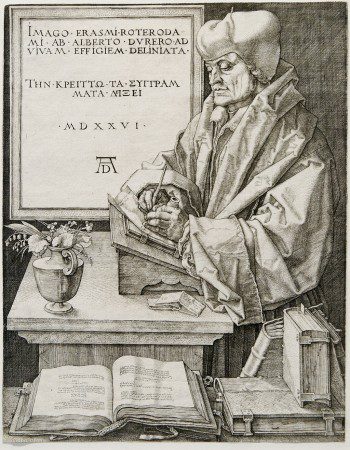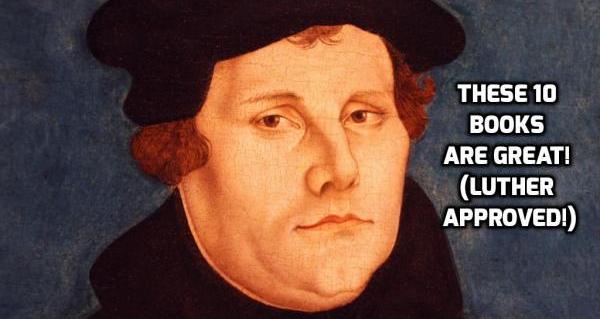5. Desiderius Erasmus (1466-1536). A “man of letters,” Erasmus was a Dutch humanist scholar, a Catholic priest, and a reluctant (and occasional) theologian. The Renaissance movement to return to the classical sources (ad fontes) as a way of moving forward in understanding has Erasmus at its center. While Erasmus agreed with Martin Luther that the Catholic church needed to be reformed, he disagreed with Luther’s methods and disapproved of Luther’s trenchant “style.” Erasmus remained a faithful Catholic life-long, but the Greek and Latin New Testament that he published became instrumental in the Reformation and in the eventual outcome of the new Protestant church. Erasmus highly valued education and teaching; he’s been called an “educator’s educator.” He encouraged priests to think of themselves as educators, he established schools throughout Europe, and he wrote manuals on teaching, and he lauded the importance of educating children. He once wrote that “to be a school master is an office second in importance to a King.”












